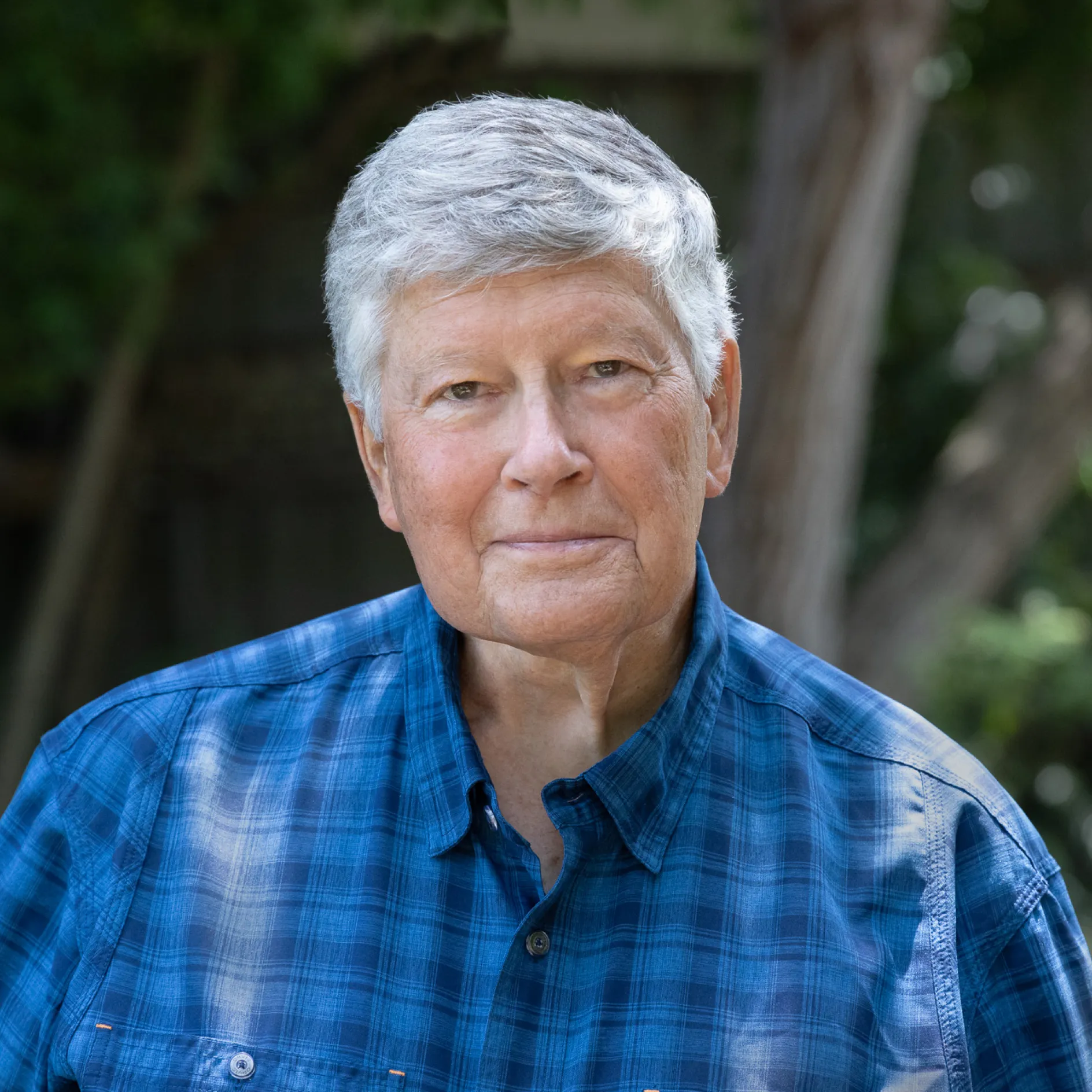Professor Roediger is currently collaborating with Jim Wertsch (Professor of Anthropology) about topics in collective memory. These include issues of national and regional identity within the U.S., as well as cross-national studies of the collective memory of World War II among people of 12 countries. Other research interests also center on learning and memory. These include: applying principles of cognitive psychology to improve educational practice; how retrieval practice improves retention; the study of memory illusions and false memories (or why people sometimes remember events differently from the way they happened or even remember events that never happened at all); and mnemonic techniques and people with exceptional memory abilities.

Henry Roediger
Emeritus Professor of Psychological & Brain Sciences
James S. McDonnell Distinguished University Professor of Psychological & Brain Sciences
PhD, Yale University
BA, Washington & Lee University
BA, Washington & Lee University
contact info:
- Email: roediger@wustl.edu
- Phone: 314-935-4307
- Office: Somers Family Hall 235C
mailing address:
- Washington University
CB 1125
One Brookings Drive
St. Louis, MO 63130-4899